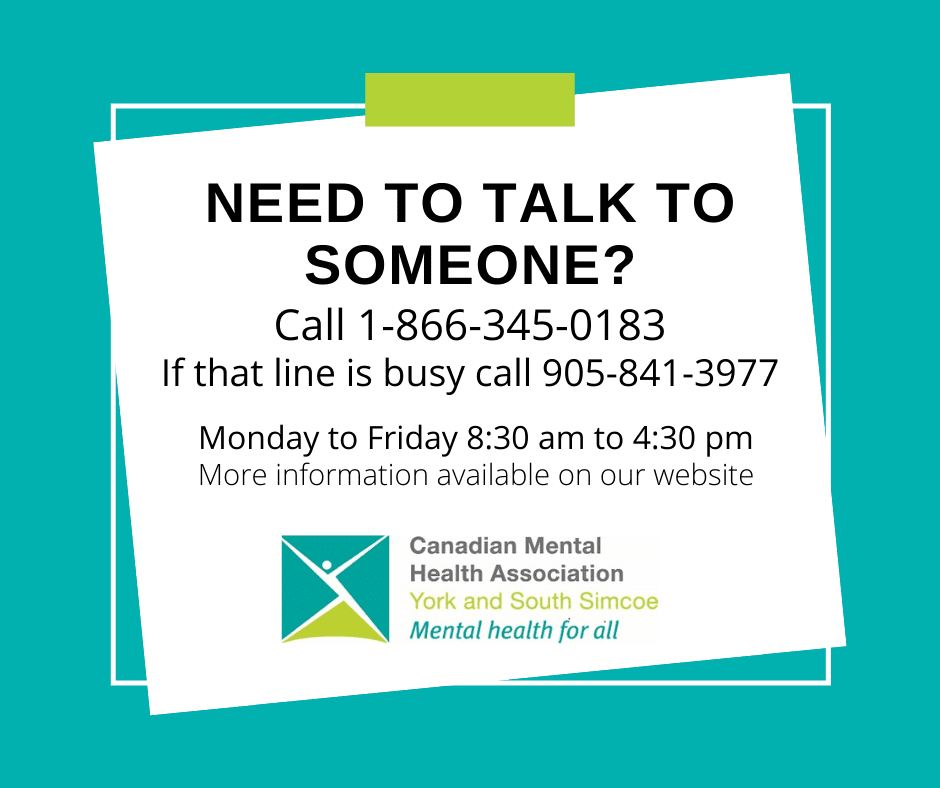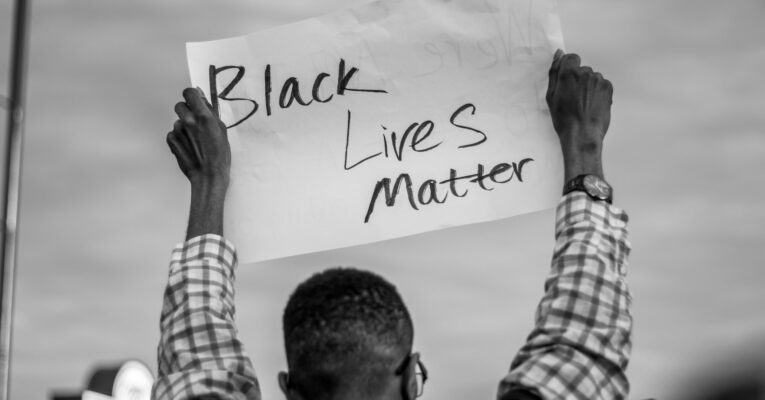“Caring For Myself Is Not Self-Indulgence, It’s Self-Preservation And That Is An Act Of Political Warfare.”
~ Audre Lorde
As an activist, you play a crucial role in human rights and social justice. People who define themselves as activists are those who take action to change a problem that they see in the world. However, along with this important role can also come a host of mental health problems including vicarious trauma and burnout.
Although it may feel like you must be always in action in order to make sizeable contributions to your movement, it has actually been shown in research, that activists who are burned out or facing other mental health difficulties, can actually negatively impact their agenda. With this in mind, this article contains a list of mental health resources and tips to help you protect your mental health and continue to pursue social justice.

What is Burnout?
Burnout is a state of continual stress that often leads to physical and emotional exhaustion. According to researchers’ burnout can manifest itself in five different ways:
- Affective Manifestations: Depression, anxiety and changes in mood
- Cognitive Manifestations: Delays in attention, memory and/or concentration
- Physical Manifestations: Frequent headaches and illnesses, as well as high blood pressure
- Behavioural Manifestations: Increased risk for substance abuse, family strain and decreased productivity
- Motivational Manifestations: Decrease in drive, as well as increased feelings of alienation and dependency
What is Vicarious Trauma?
Also known as secondary trauma, Vicarious Trauma occurs when you are exposed to content that is distressing, graphic or violent nature indirectly or secondhand. According to Sam Dubberley of Amnesty International this occurs because, “if you are exposed to distressing experiences, even when you are not physically present, your brain has the capacity to experience symptoms of distress similar to those you would experience if you had been there.”
Even though it’s different for each person, common symptoms of Vicarious Trauma can include feelings of anger, depression, guilt, hopelessness, fatigue and more.


Self-Care and Strategies
One of the reasons that many activists don’t attend to their mental health and practice self-care is because activism is often associated with selflessness and putting other’s needs before their own.
However, as mentioned previously, in order to be a successful activist, you need to care for yourself first. Here are some mental health and self-care strategies to get you started:
- Find a Support Team- Finding people who support you is very important for positive mental health. Although it is good to have people within your movement as a support system, as they have the same passion for change that you do, also look for support networks outside of your activist efforts as well.
- Meditate- Meditation is a healthy way to practice self-care. To learn more, read our article on meditation and mental health which includes a guided meditation to jumpstart your practice.
- Celebrate Wins- It’s important to celebrate the successes of your activism, no matter how small. Additionally, celebrating these wins with everyone who was involved can be beneficial to collective self-care as well. Keeping track of your successes can also be effective for when you need a boost.
- Keep a Journal- Along with a space to record the things that you are grateful for, having a journal can also allow you to process the trauma you may be experiencing in a healthy way. For other mindfulness strategies click here.
- Start Your Day off Right- Starting your day off with the simple practice of making your bed or enjoying a hot beverage can help you to set your intentions for the day.
- Exercise- Maintaining the practice of regular physical exercise can help to boost your mood and keep you mentally strong. Learn about the connection between physical and mental health here.
- Set Boundaries on Social Media and Technology- Set limitations on the amount of time that you engage on social media daily to give your mind a rest. Shutting off your phone notifications and putting your devices away can also help give you some distance from your activist efforts and the trolls that may come along with that. Learn more about the role of social media on your mental health in this article.
- Get out in Nature- Take time to surround yourself with nature and spend time in the sun. There are many groups with a focus on inclusivity, if you’re looking to connect with a like-minded community.
- Keep Up Your Religious or Spiritual Practice- If you identify with a particular religious or spiritual practice, set aside time in your day to engage in this.
- Know your Limits- Listen to your body and learn to acknowledge when you need a rest.
- Seek Professional Help- If you’re feeling particularly distressed about your feelings or situation, reach out for help. Along with our supportive telephone counselling service, BounceBack might also help you to learn strategies for managing your mental health effectively.
Resources:
Amnesty International: Fact Sheet Activist Burnout
TED Talk: How to Recover From Activism Burnout
Teen Vogue: 9 Activists Share Self-Care Tips
Headington Institute: Vicarious Trauma Reflection Question Workbook
Move to End Violence: 21 Day Self-Care Challenge for Activists
Black Lives Matter: A Toolkit for Black Lives Matter Healing Justice and Direct Action
Amnesty International: Caring for Yourself So You Can Keep Defending Human Rights
Frontline Defenders: Digital Security and Privacy for Human Rights Defenders
Digital First Aid Kit: Protecting Yourself from Digital Threats


